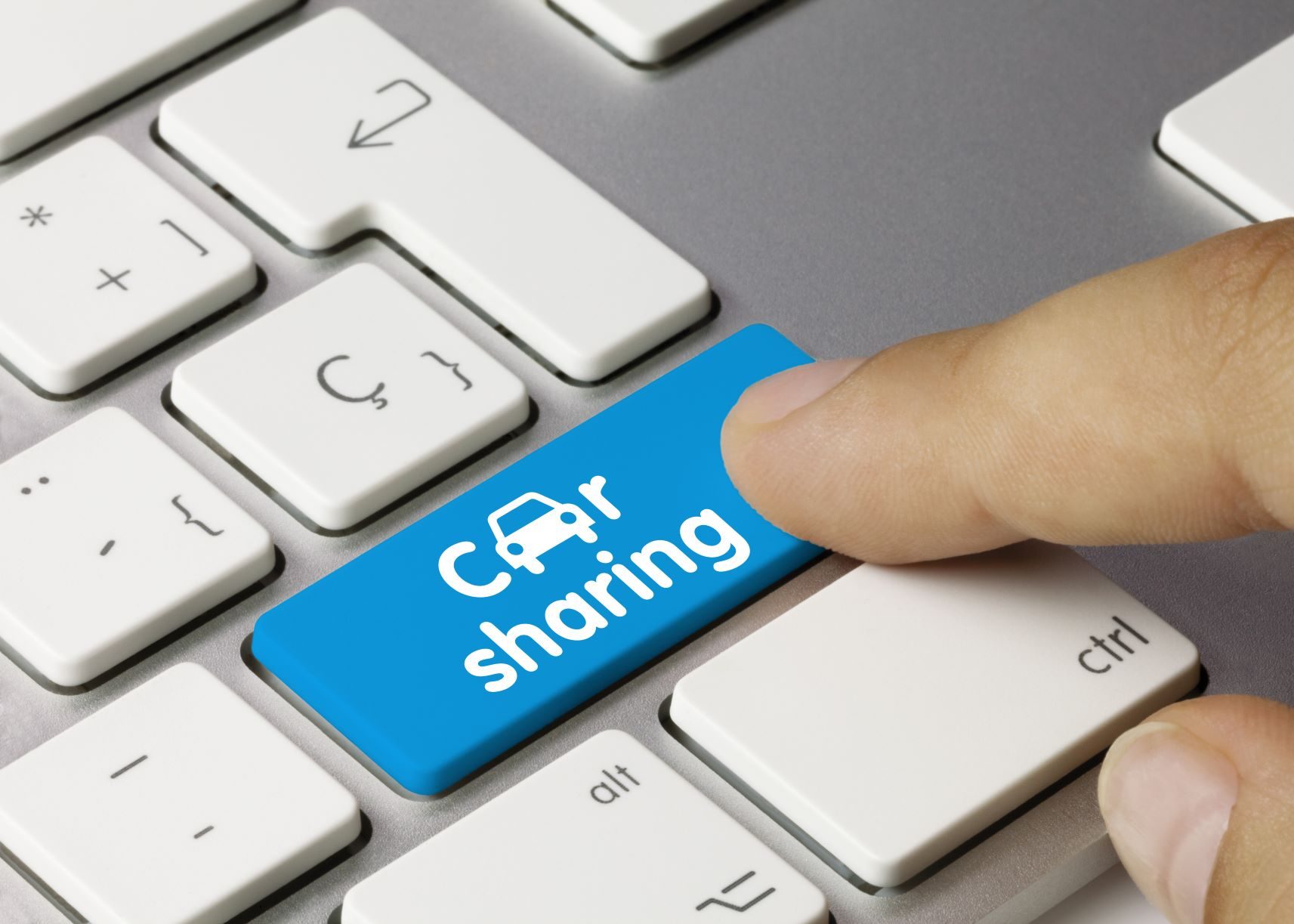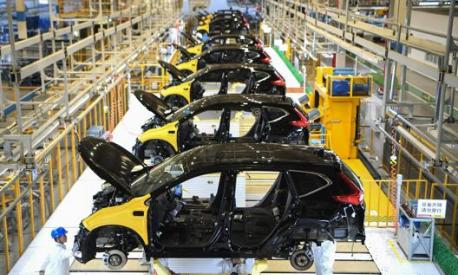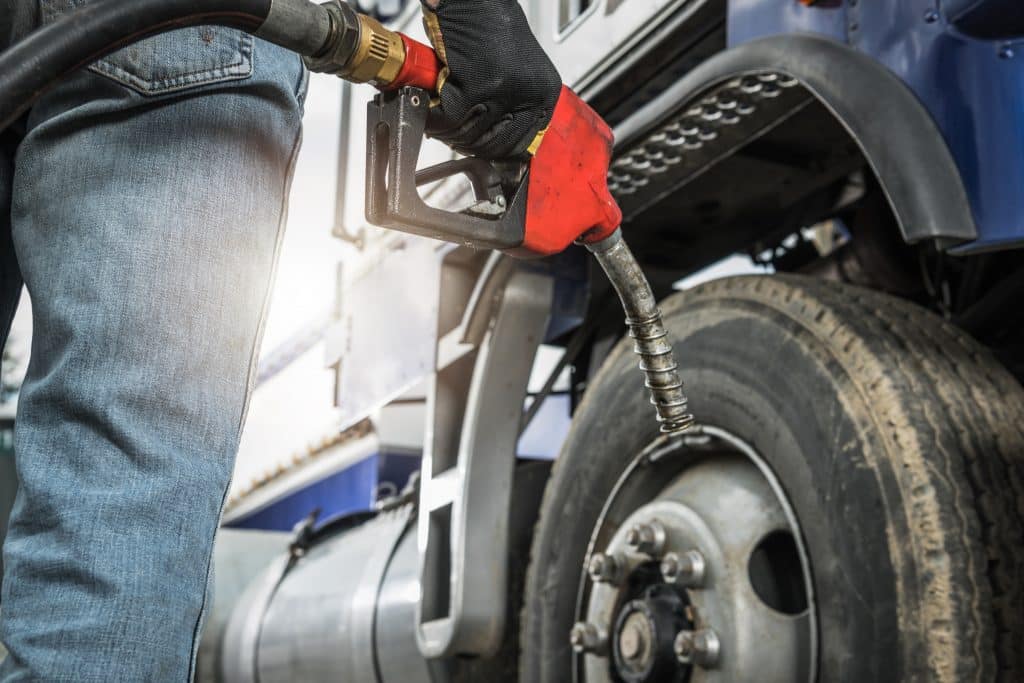In Italy, services that allow for any driver to use car sharing with other users have taken several steps backwards, returning to pre-2016 levels, both in terms of fleet and rides taken. According to the latest report sponsored by the National Sharing Mobility Observatory, we were up to 7 thousand vehicles available in 2019, reduced in the next two pandemic years to just over 5 thousand. This is not a good sign when you take into account that we have nine cities that are candidates to be zero-emission by 2030: Bergamo, Bologna, Florence, Milan, Padua, Parma, Prato, Rome, and Turin.
Giving up one’s car means spending less as well as polluting less, and this is perhaps why such a sector should be part of the country’s strategies. Certainly not by penalizing car ownership, but by supporting its renunciation by ensuring the continuity and quality of those services that shared vehicles offer. We are talking about utilities that should be if not helped at least not hindered by heavy duties for access to historic city areas and parking within the blue lines. This is the case, for example, in Madrid, one of the cities that has the largest number of carsharing services in Europe, or in Hamburg, where the municipality has made a deal with carsharing services asking for the electrification of vehicles but making a commitment to put a widespread facility on the ground for
Then there is the purely economic aspect. According to some estimates from the Motor1 website, to maintain a car between ownership and usage costs one has to spend a minimum of 750 euros per year with an average of 1250 euros, excluding fuel. If we then add gasoline, it comes to about 3650 euros for a compact car, or 304 euros per month. Always keeping in mind that these are vehicles that 95% of the time remain parked. A single Car-Sharing vehicle can come to replace up to 18 private cars. If, for example, there were 20,000 shared cars in Rome, 200,000 cars could be taken off the road.
Fostering a new system of urban mobility requires a new conception of getting around, combining public transport and shared use of environmentally friendly, rental, and sharing vehicles, in maximum safety. This is a perfect habitat for Viasat, which, on the strength of its experience in the field of automotive telematics, supports end consumers, the retail channel, the dealer and car dealer network, rental, and leasing companies, and the Public Administration, through a connected system that allows a complete and profitable interaction between those who offer a service and those who use it.
Go to the Viasat Smart Connect page to know more




